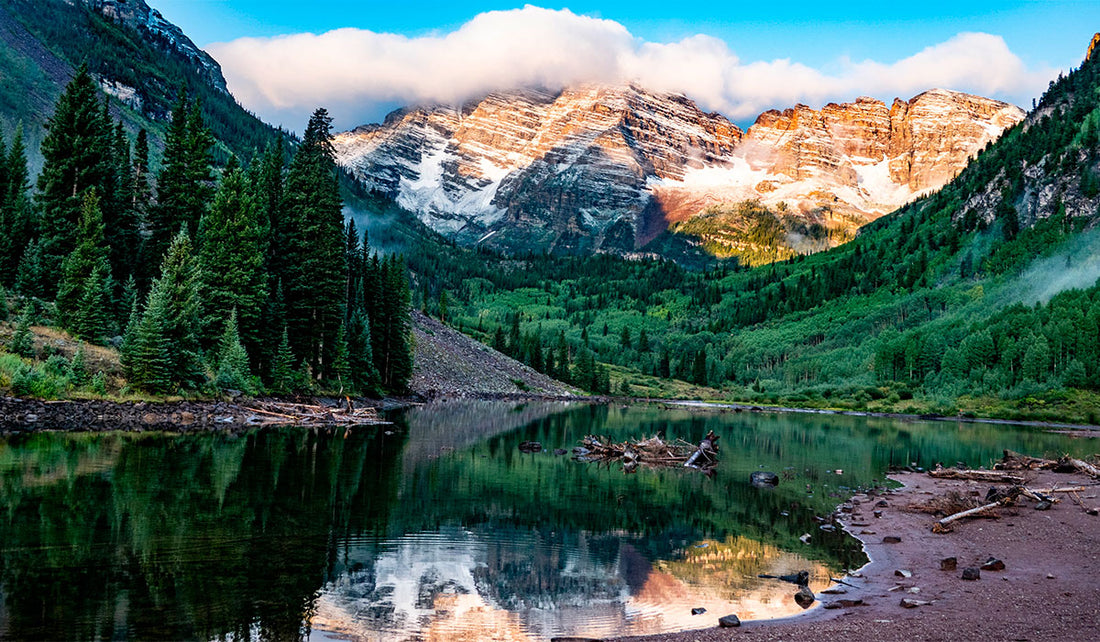“Future generations are going to forgive us our horrible genocidal wars because they have passed too far in history. They will forgive us all of the earlier generations’ follies and harm. But they will not forgive us for having thrown away such a large part of the rest of life on our watch.”
– E. O. Wilson, in the New York Times
As I sat down to write my last email of 2021, the news flashed that E. O. Wilson had died. All other thoughts swiftly left my mind. Count me as one among millions of admirers of his contribution to our understanding of life on this planet. He will be missed, but what he taught us will live on for generations.

- O. Wilson in 2003
Wilson may never be known as well as other famous last names of science. But if Sagan, Einstein and Hawking inspired us to wonder about the cosmos, Wilson stands among the few that inspired us to appreciate the wonders of life here on Mother Earth. Darwin is famous for helping us understand the pieces, but Wilson, aka the “Father of Biodiversity,” is the one who helped us appreciate how the pieces of the puzzle fit together.
Early on, Wilson helped us see how understanding the life of ants required that we understand how ants lived and behaved in relation to one another. In time he would translate these insights into how all life on Earth existed in relationship to the rest of it, including ourselves:
“The time has come to link ecology to economic and human development. When you have seen one ant, one bird, one tree, you have not seen them all. What is happening to the rain forests of Madagascar and Brazil will affect us all.”
– E. O. Wilson
As his opening quote rightfully implies, recently we have been throwing life away. We’ve lost nearly 3 billion birds in North America just in the last 50 years and insects are also in steep decline.

Wilson’s solution is described in his most recent book simply entitled “Half Earth: Our Planet’s Fight for Life.” The big idea is to set aside half of Earth for the “rest of life” away from our destructive human hands before too much is lost and irrecoverable. I support the idea – when the boat is taking on water, step one is to plug the leaks.
But as a result of my own regeneration journey, I think we can go further. You see, I believe we can both plug the holes and upgrade the boat at the same time by simply interacting with ecosystems differently to create a renewed and vibrant “Whole Earth.” Whereas we should indeed protect what we can, I do not believe that nature’s health requires that we protect her under a glass dome like a fragile violet.
Nature evolved to thrive within the dynamics of change and disruption that is dark and light, dry and wet, and cold and hot. When those dynamics occur within a natural context of night and day, fire and rain, and winter and summer, the system gets stronger, not weaker. In fact, this goes to the heart of many of Wilson’s insights on the functional importance of biodiversity. Diversity isn’t there to make nature pretty (although it does). Diversity is what makes whole ecosystems resilient to disruptive change.

So I am 100% with Wilson that we must urgently protect what we can, but I think it’s critical that we don’t stop there. The challenge before us is to realign our collective behaviors, much like Wilson’s ants in a mound, to work together in alignment with the rest of life, not at cross purposes to it.
This is the big idea behind everything we do here at Blue Nest Beef. Both our beef and chicken come from systems where the food is produced in a way that doesn’t just protect an ecosystem, but actually helps to make it better. With birds as our treasure and measure, I like to think it’s a model that Wilson himself would applaud as honestly linking “ecology to economy to human development.”
In many things, I’m OK with seeking forgiveness, but I cannot and will not ask forgiveness today of my great grandchildren yet to be born. So I will not be part of throwing life away on my watch. On my watch, we will do our best to lead by example showing a way that I believe can reinvigorate the Whole Earth.
Russ Conser
Blue Nest Beef Co-Founder & CEO
